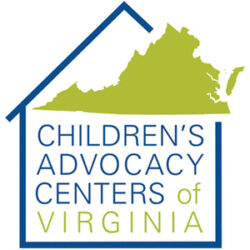A Children's Advocacy Center is a child-focused, facility-based program where representatives from many disciplines meet to discuss and make decisions about investigation, treatment, intervention, and prosecution of child abuse cases. They also work together to prevent further victimization of children.
The multidisciplinary team approach brings together under one umbrella all the professionals and agencies needed to offer comprehensive services: law enforcement, child protective services, prosecution, mental health, medical, and victim advocacy.
CACs are community-based programs designed by professionals and volunteers to meet the unique needs of its community.
Communities that have developed a CAC experience many benefits, including a reduction in the number of child victim interviews and increased successful prosecution. Studies also indicate that communities with a CAC versus communities using the traditional CPS-Law Enforcement response to child abuse saves $1,318 per child abuse case, according to National Children's Advocacy Center researchers in Huntsville, AL. The study also found that traditional investigations cost 45% more than CAC investigations.
The comprehensive approach, with follow-up services provided by the CAC, ensures that children receive child-focused services in a child-friendly environment -- one in which the Child's needs come First.

Core Components of a Children's Advocacy Center
- Separate, child-friendly facilities for interviewing using a forensic interviewing model and providing services to child victims and the non-offending family members
- Core disciplines:
- law enforcement
- child protective services
- prosecution
- mental health
- medical
- victim advocacy
- Coordinated multidisciplinary investigation team
- Regular interdisciplinary case review
- Intensive case follow-up
- Specially-trained professionals
CAC Statistics from National Children's Alliance

